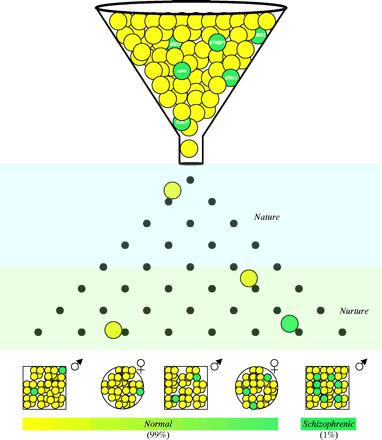Recent Advances in the Neurobiology of Schizophrenia
Abstract
Despite great progress in basic schizophrenia research, the conclusive identification of specific etiological factors or pathogenic processes in the illness has remained elusive. The convergence of modern neuroscientific studies in molecular genetics, molecular neuropathology, neurophysiology, in vivo brain imaging, and psychopharmacology, however, indicates that we may be coming much closer to understanding the molecular basis of schizophrenia. Schizophrenia may be a neurodevelopmental and progressive disorder with multiple biochemical abnormalities involving the dopaminergic, serotonin, glutamate, and γ -aminobutyric acidergic systems. In the near future, biological markers for the illness may come from the combination of diverse assessment techniques. An understanding of the pathophysiology of schizophrenia will be essential to the discovery of preventive measures and therapeutic intervention. Rapidly advancing research into schizophrenia includes diverse etiological hypotheses, and offers directions for future research and treatments.

- © American Society for Pharmacology and Experimental Theraputics 2003



